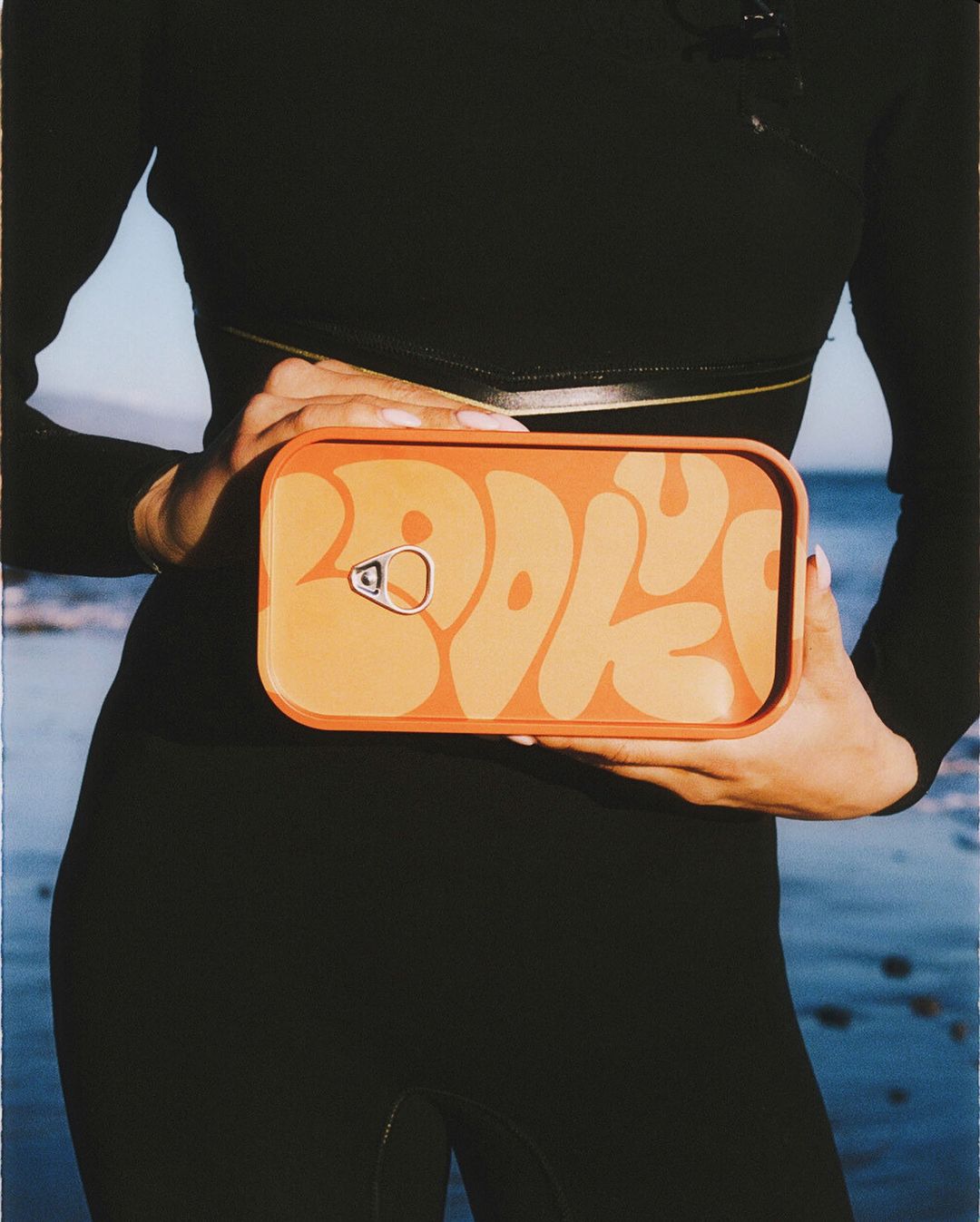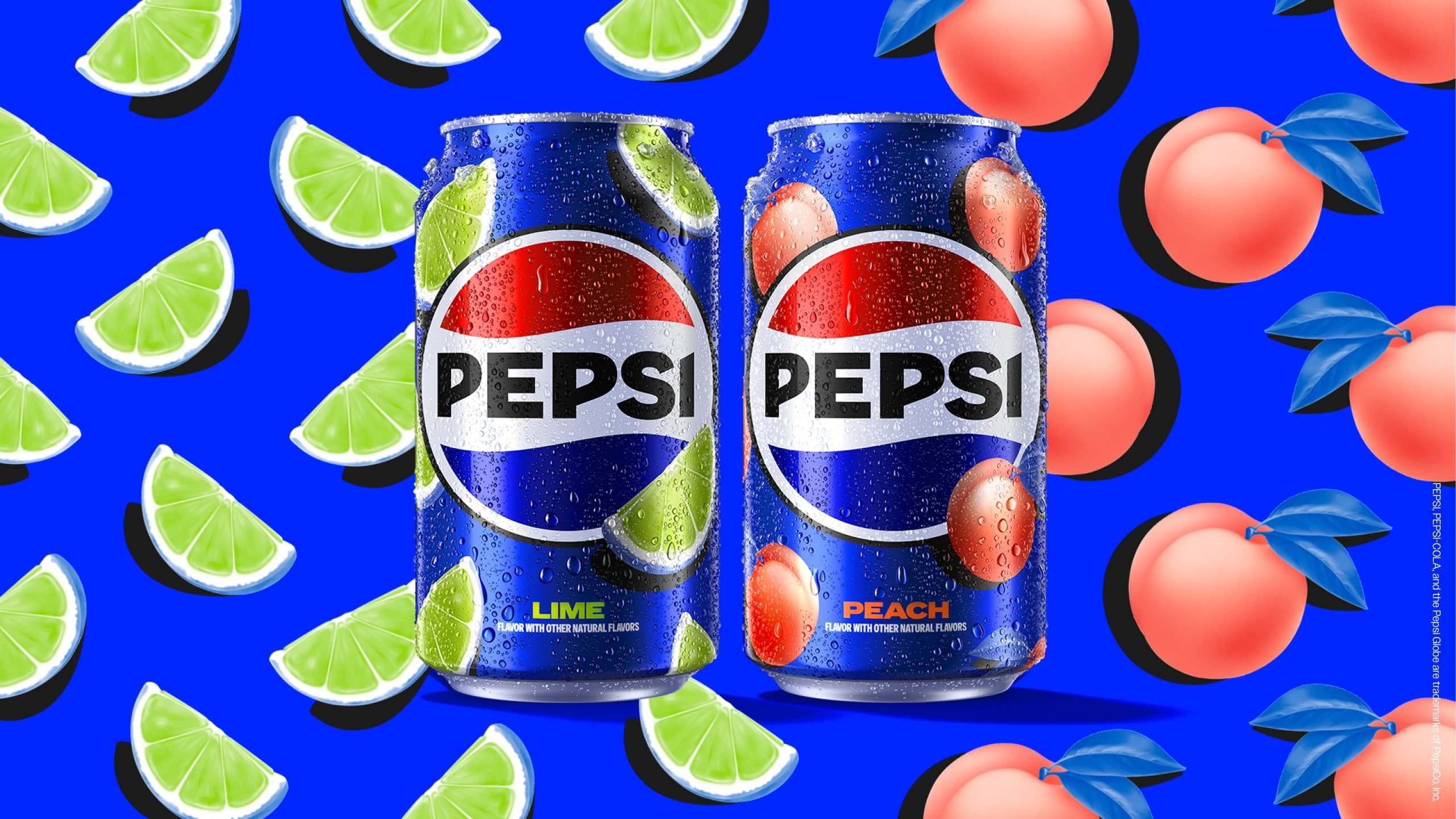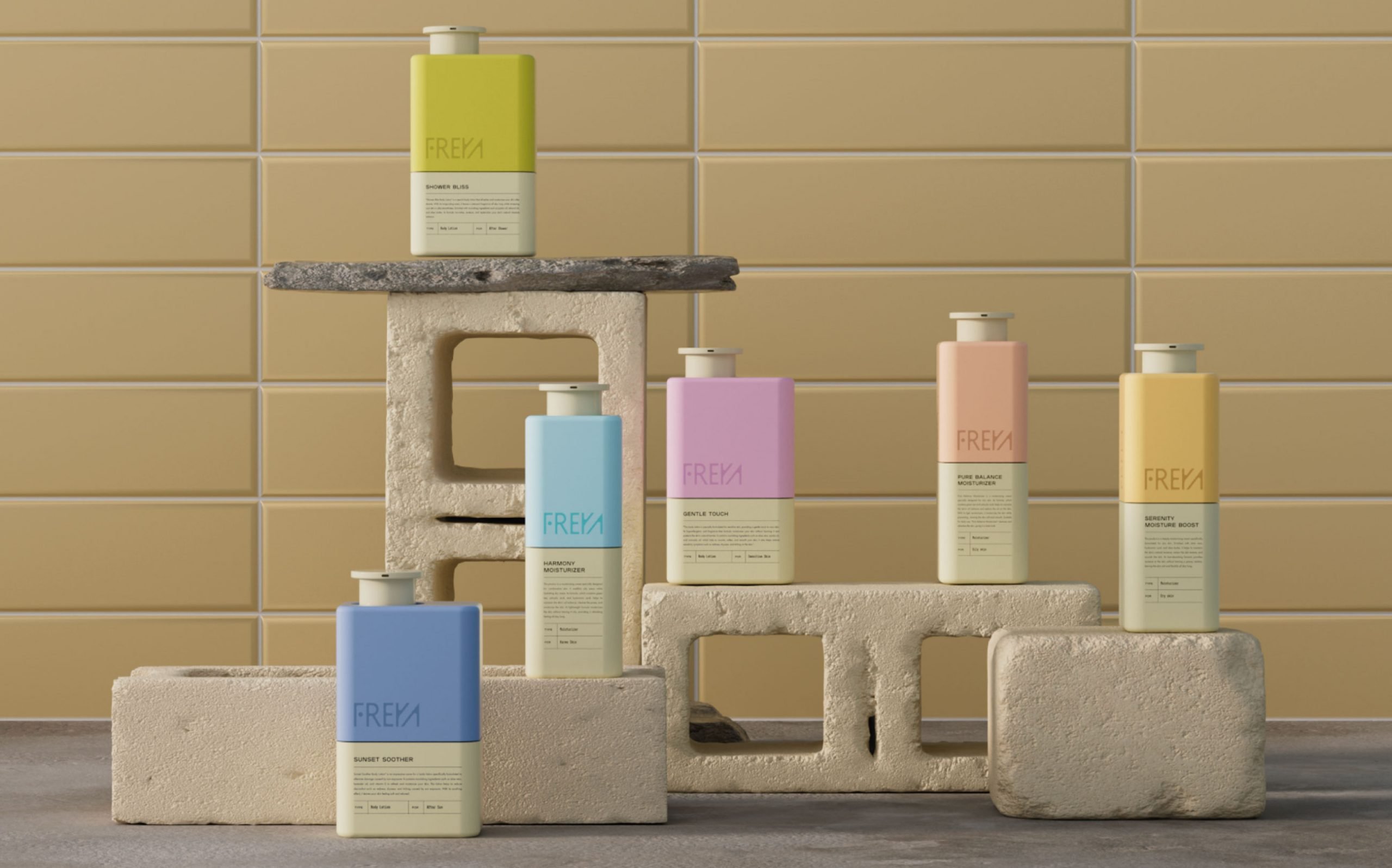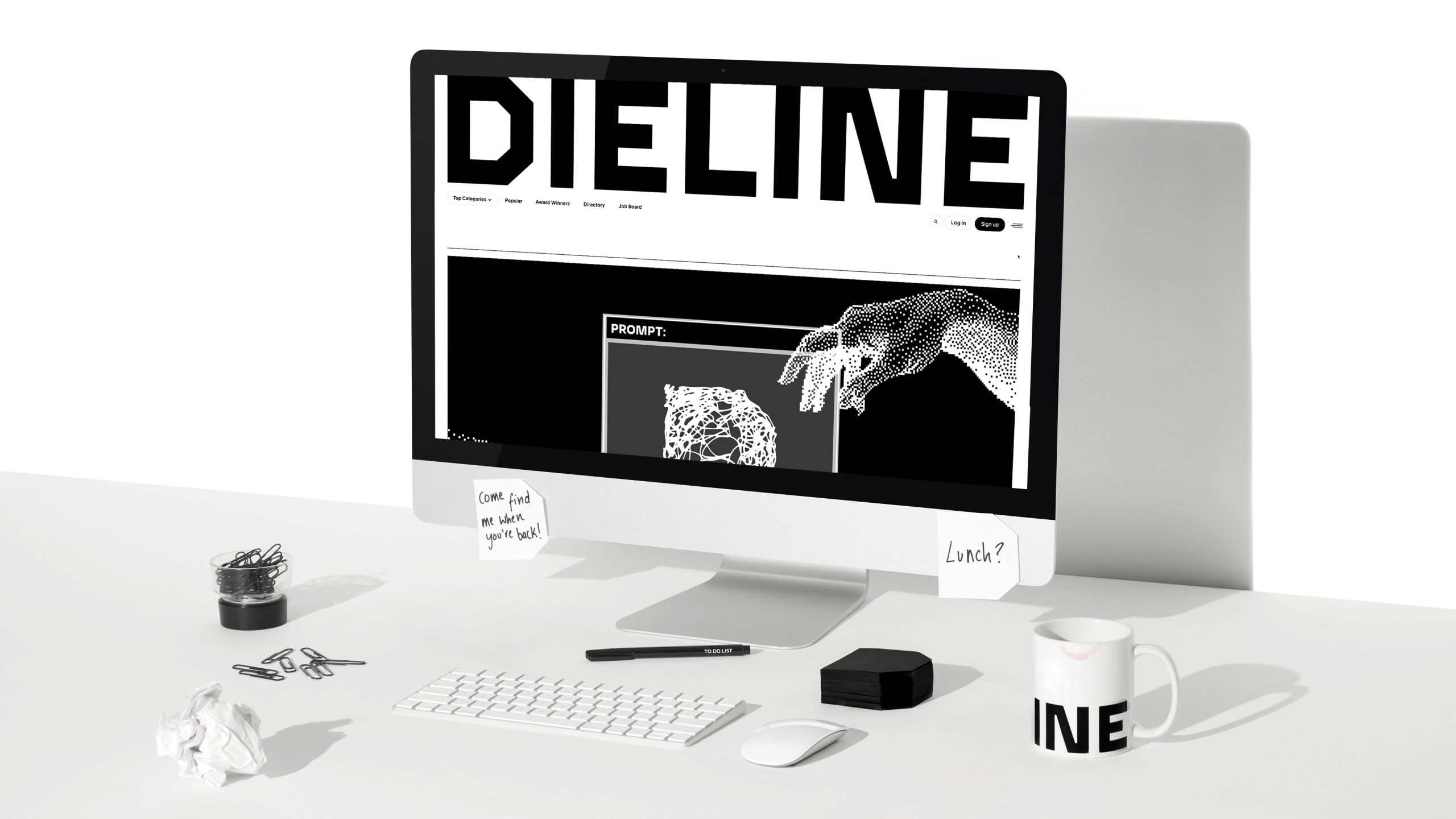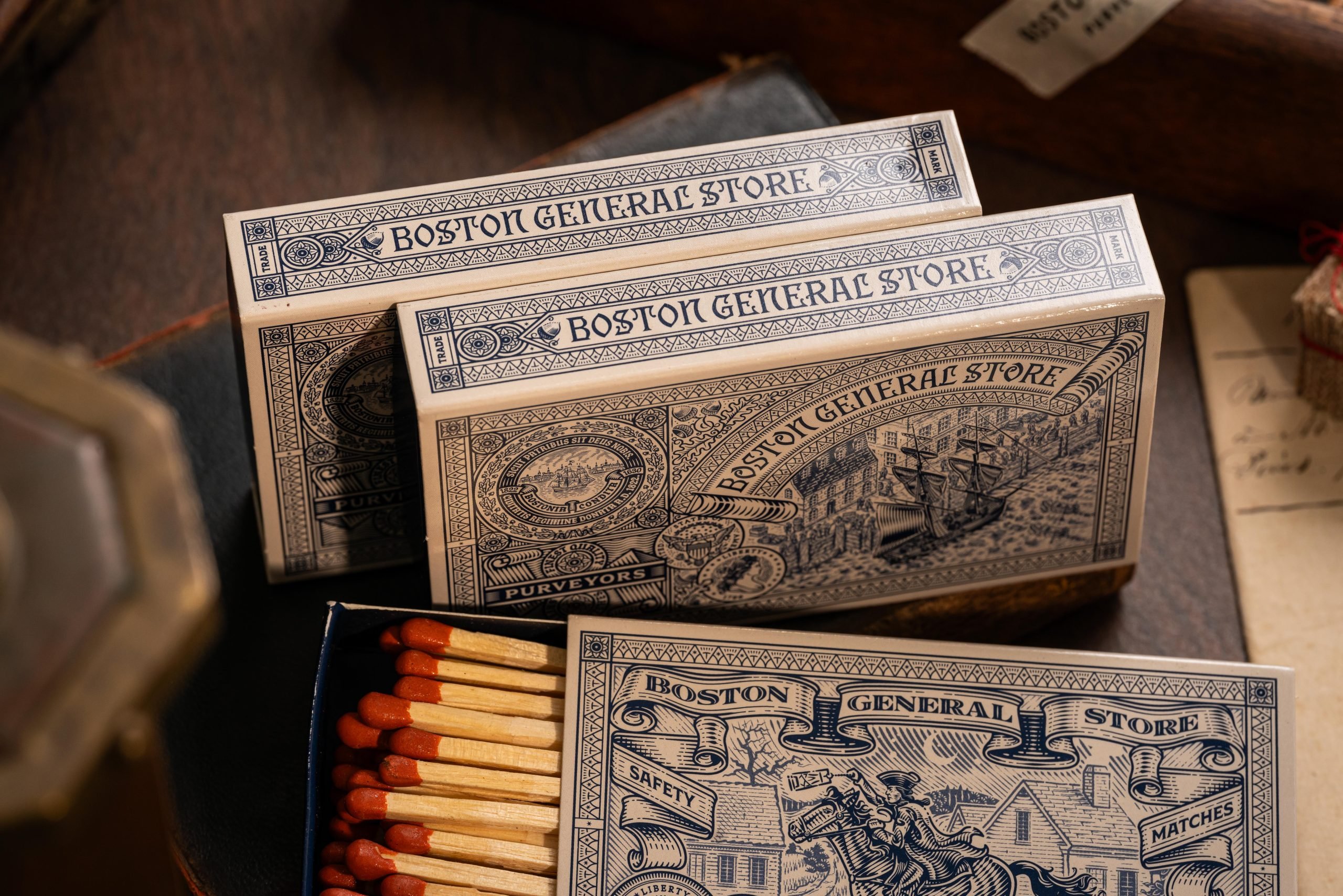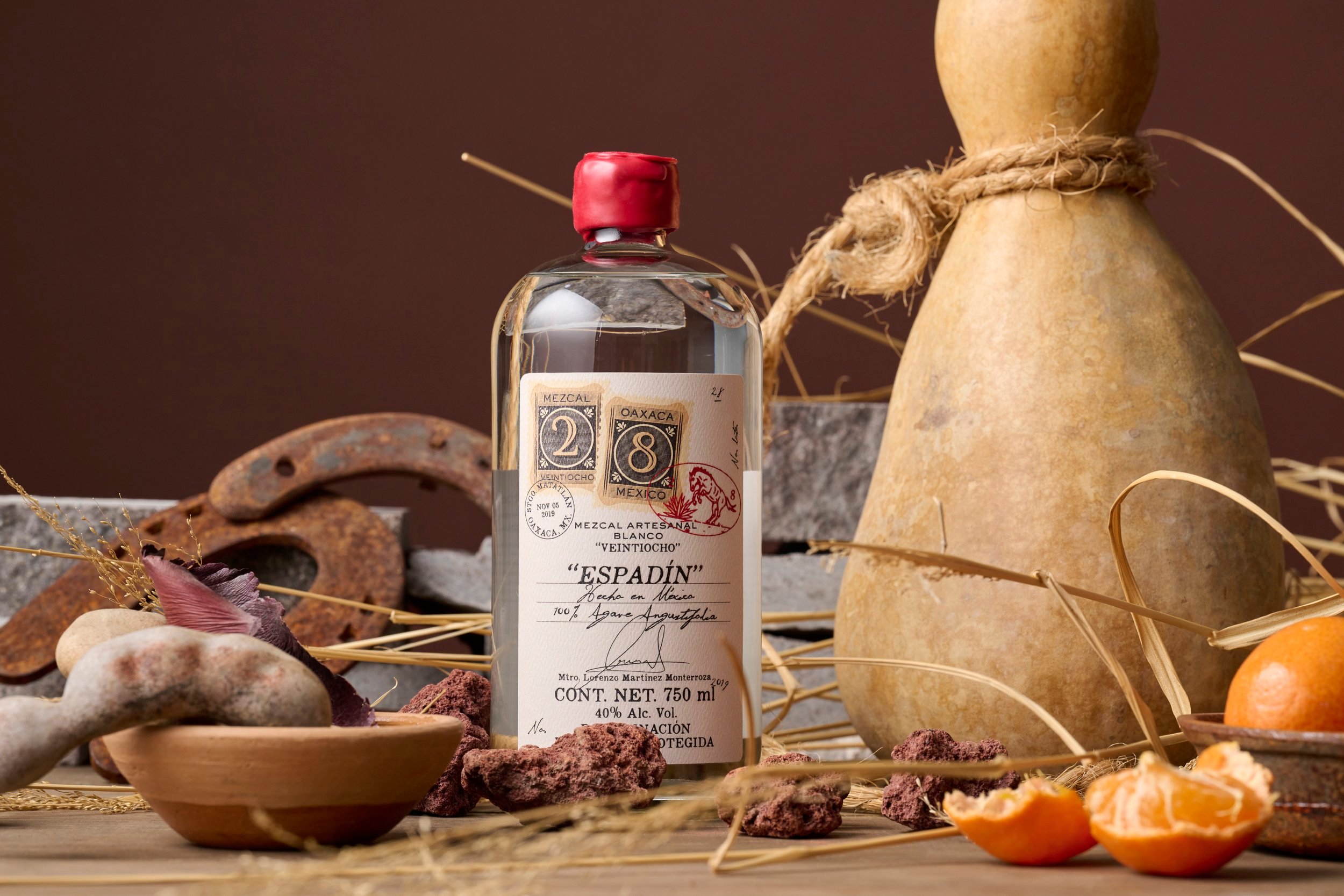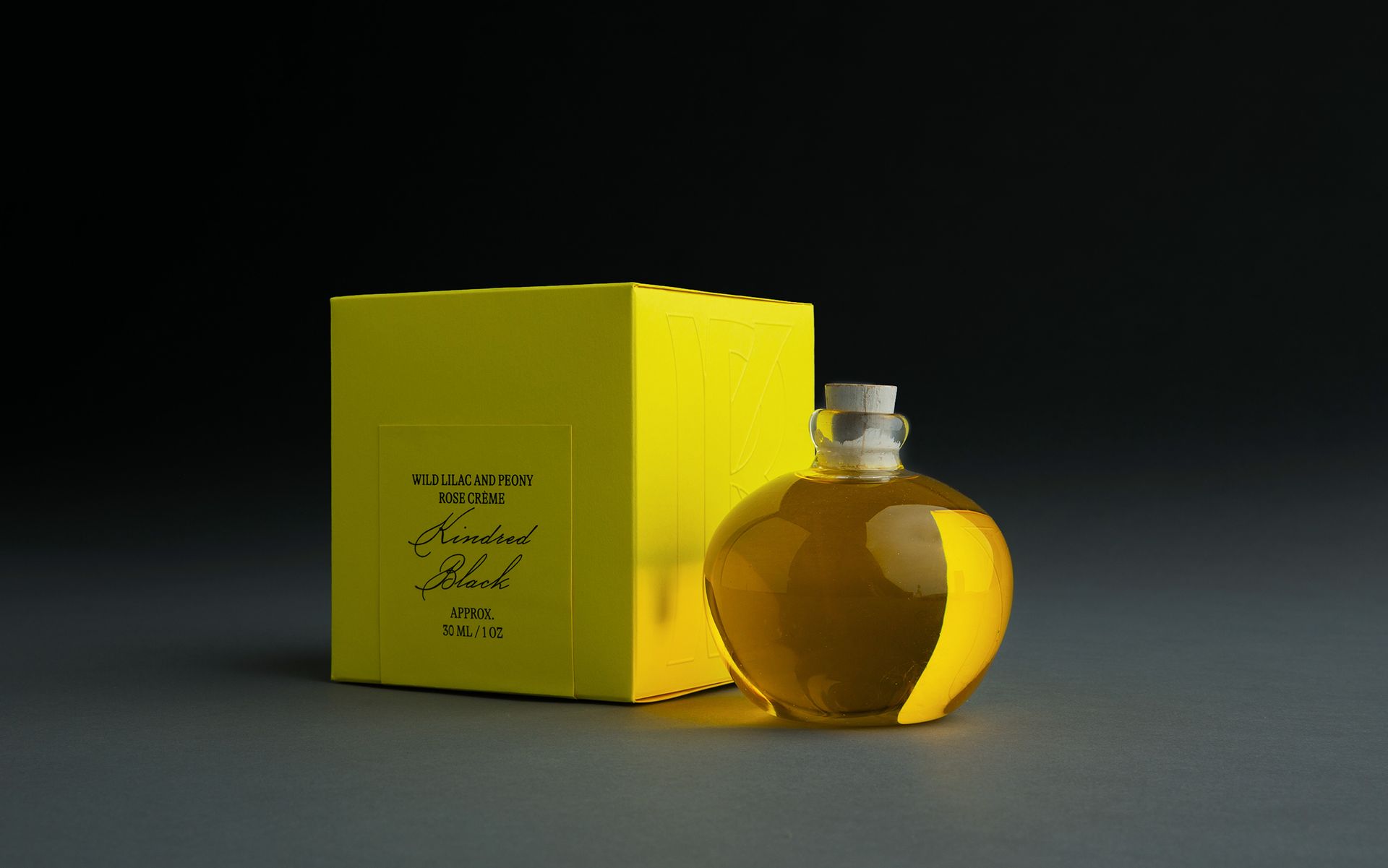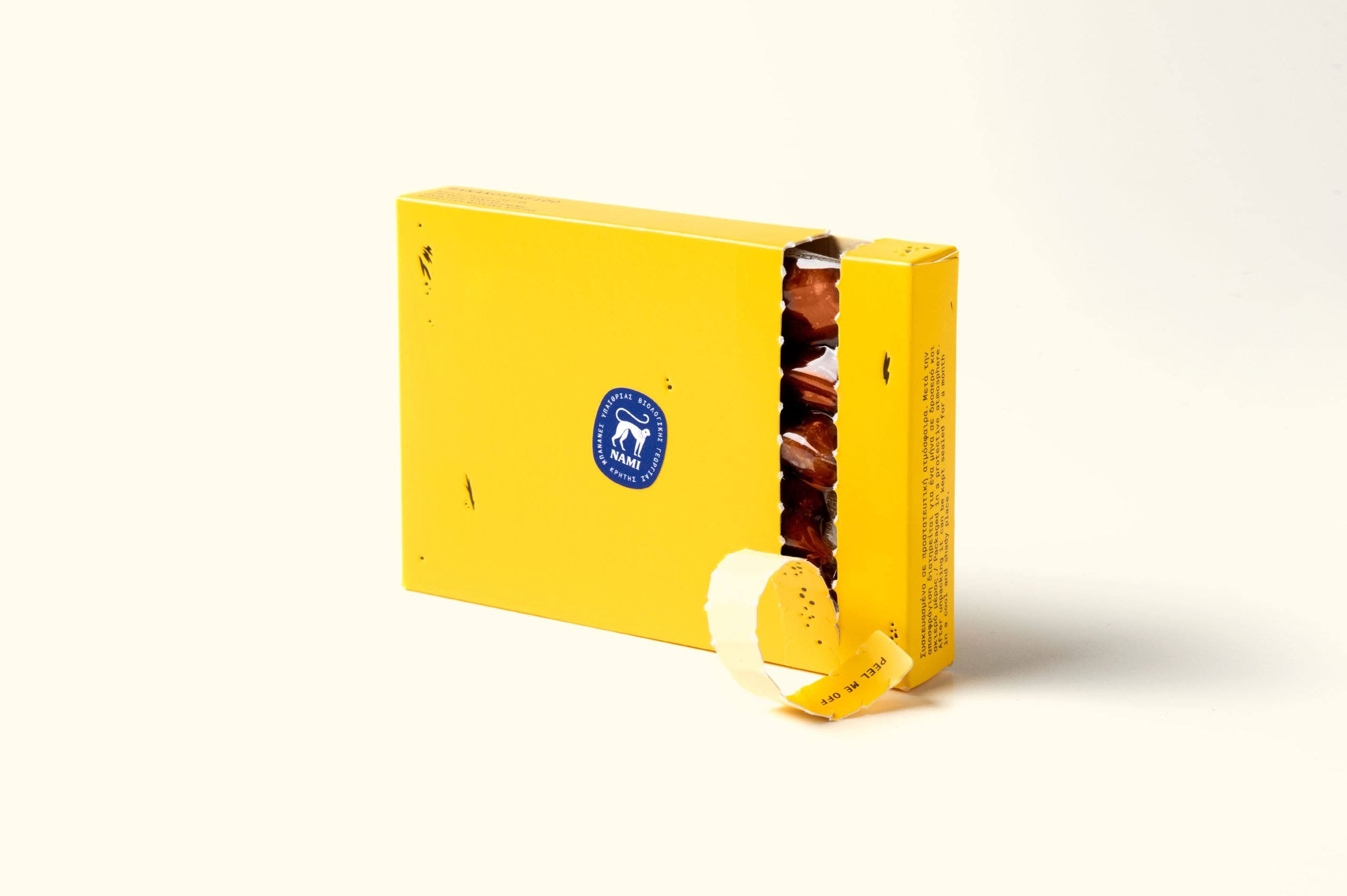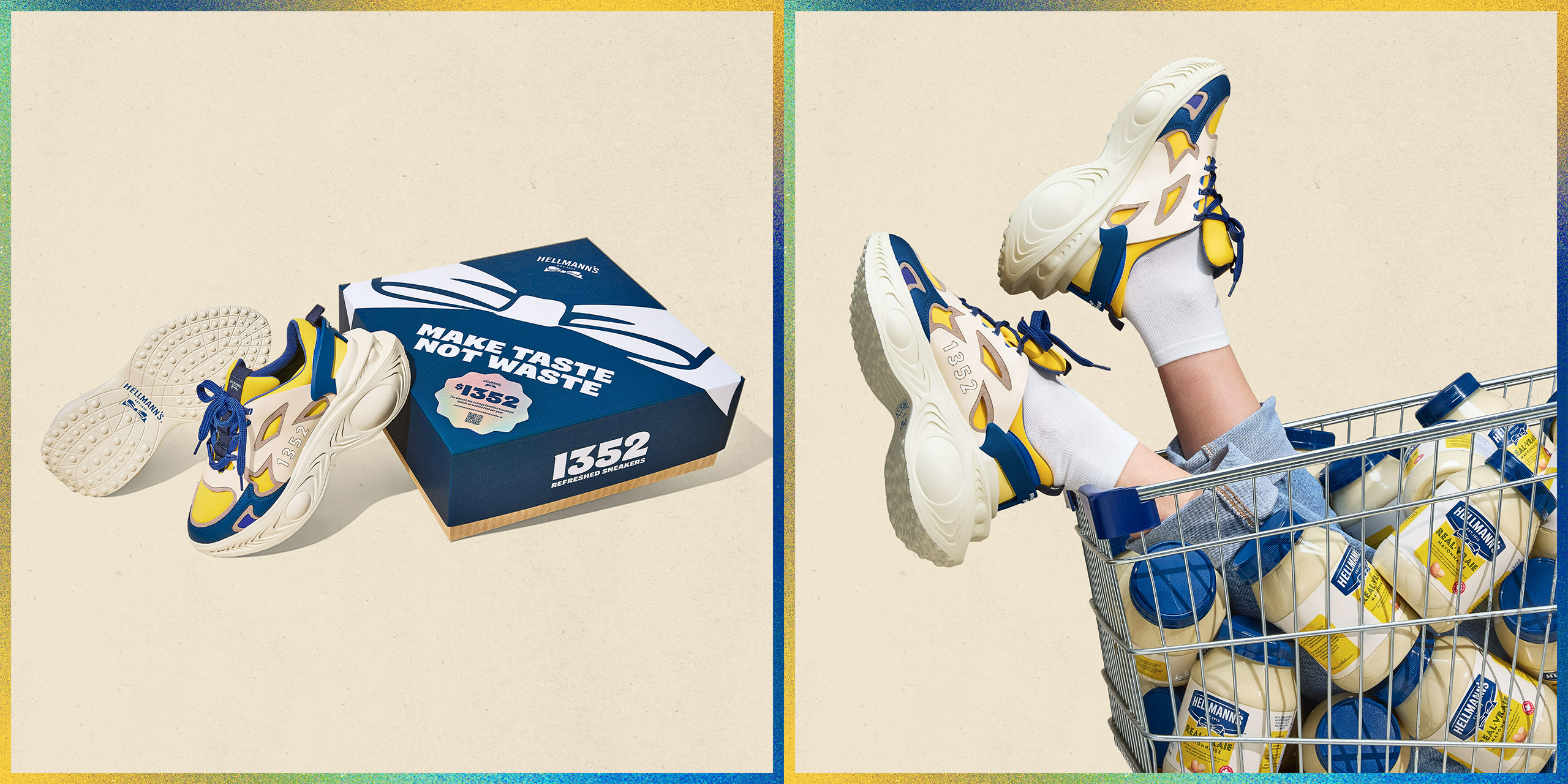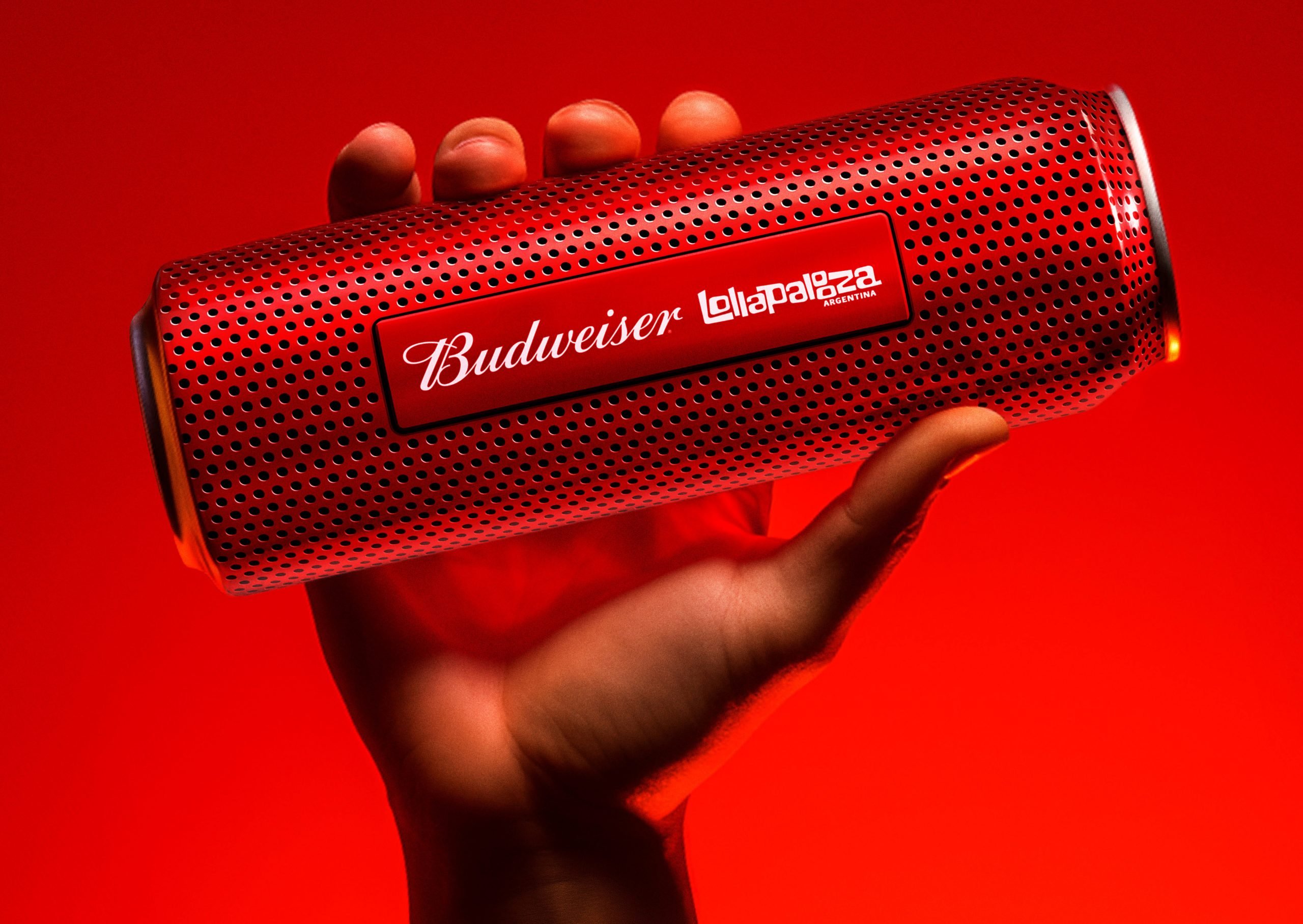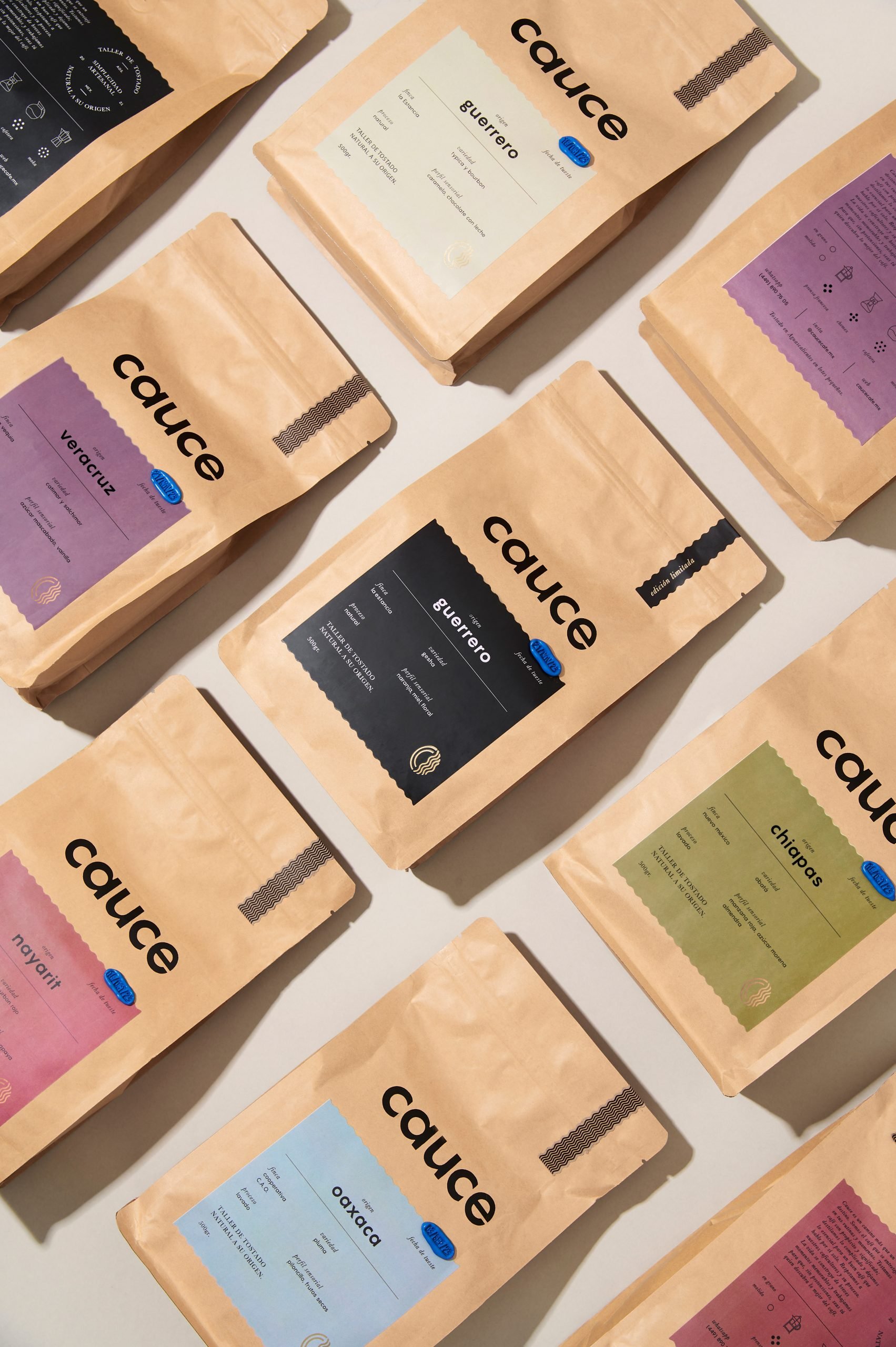Mushrooms are having a bit of a moment. From the foraging boom to Colorado taking steps to legalize psilocybin (aka magic mushrooms), the power of our little fungal friends is more widely recognized. And the packaging industry is no differentâmushrooms are helping push design toward something more sustainable and eco-friendly.
One such organization harnessing the magic of fungi for packaging is Magical Mushroom Company (MMC), a UK-based business that started in 2019 and wants to help solve the worldâs plastic problem. The technology is patented by Ecovative Design, LLC, but when MMC founder and CEO Paul Gilligan discovered they didnât have a license for the UK, he negotiated exclusive licenses with them for that region (and later for Europe as well). Magical Mushroom Company harvests mycelium from the root structures of fungi and combines that with agricultural waste like hemp or sawdust to make a safe, sustainable, and home-compostable alternative to plastic foams.
âThe main component of mycelium is chitin,â Gilligan explained. âChitin is a natural polymer and digests almost anything its weight, as long as it’s non-protein, agricultural waste.â
